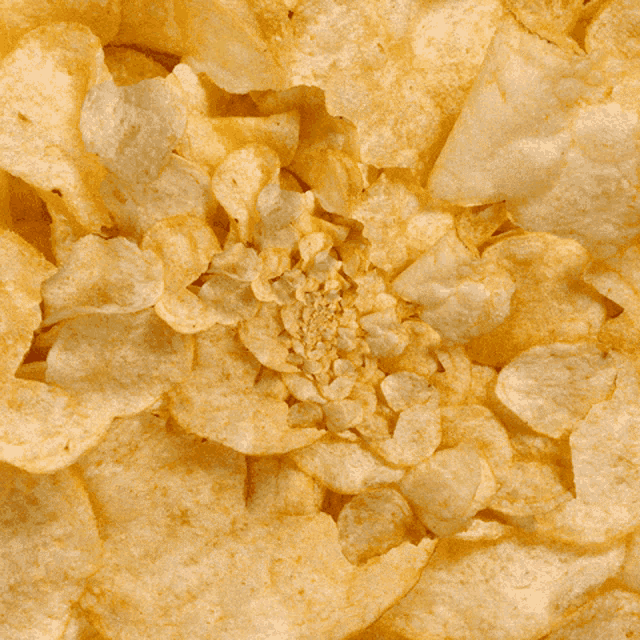




Hey everyone! What do you like to eat? What do you crave the most often? What’s your favorite food? Do you sometimes wonder: What should I eat? Today’s quiz will help you decide on the question: what should I eat? Check it out for yourself by responding to 20 questions. We invite you to our quiz!
Is food your biggest hobby? How much do you know about food? Can you pass our Food Knowledge Quiz smoothly? Check it out now!
Food is often of industrial, animal, or fungal origin and provides vital elements such as carbs, lipids, proteins, vitamins, and minerals.
The material enters the body and is absorbed by the cells to provide energy, maintain life, or encourage development. Different species of creatures have different nutritive actions that meet the requirements of their unique metabolism, frequently evolving to fill a specific ecological niche in specific geographic surrounds.
What is your Food Sensitivity? Have you ever thought about that? Get to know more about it in our Food Sensitivity Test!

Omnivorous humans are largely adaptable and have acclimated to gain food in numerous nonidentical ecosystems. Historically, humans covered food through two main styles hunting and gathering and husbandry. As agrarian technologies swelled, humans settled into husbandry cultures with diets acclimated by the husbandry openings in their terrain.
Still craving knowledge about food? Check out our quiz: What Do You Know About Fast Food? And see for yourself how many facts you can get right!
Geographic and artistic differences has led to coinage of multitudinous cookeries and culinary trades, involving a wide batch of constituents, sauces, fragrancies, ways, and dishes. As societies have mixed through manpowers like transnational trade and globalization, constituents have come more extensively accessible beyond their geographic and wells, creating a smart trade of nonidentical food traditions and practices.
We can talk about food for hours… But isn’t it better to just solve a quiz? Check out this one and see if you can answer this Random Food Questions!
Today, the bulk of the food energy needed by a growing global population is provided by the industrial food business, which grows food through intensive farming and distributes it through cutting-edge food processing and distribution networks.
As a result of the heavy reliance on fossil fuels in this conventional farming system, the food and farming sector is one of the main causes of climate change, contributing up to 37% of all greenhouse gas emissions. Important climate change mitigation strategies include addressing the carbon intensity of the food chain and food waste.
Do you want to know even more tasty quizzes? Be sure to check out this one: What Is The Perfect US Food For You? We hope it will satisfy your hunger!
The food system has a substantial influence on a wide range of other social and political concerns, such as sustainability, biodiversity, the economy, population increase, water availability, and food access.
For more great food quizzes, you can check: What Fast Food Fits Your Character? Answer twenty questions and find out which fast food you should eat!
The International Covenant on Economic, Social, and Cultural Rights (ICESCR), which acknowledges “the right to an acceptable quality of living, including suitable food,” as well as the “basic right to freedom from hunger,” gave rise to the notion of the right to food as a fundamental human right.
Is it important for you to eat healthily? Or maybe you would like to lose some weight? Whatever the answer is you can check out Which Diet Is The Best For Me? quiz!

Due to these fundamental rights, food security is typically given top priority in international policy; for example, Sustainable Development Goal 2 “Zero Hunger” intends to end hunger by 2030. Food safety is frequently regulated on a national level by organizations like the Food and Drug Administration in the United States, as well as by international organizations like the International Food Protection Association, the World Resource Institute, the World Food Program, the Food and Agriculture Organization, and the International Food Information Council.
Find out more about food rights. We invite you to read the article on this topic on Wikipedia: Right to Food.
Depending on the meal’s relevant composition or manner of preparation, there are numerous categories for human food. The number and make-up of the dietary groups might change. Most systems can be divided into four broad categories based on their place of origin and nutritional role: Fruits and vegetables, bread and cereal, dairy products and meats
Looking for more food and diet quizzes? Check out this one: What Diet Plan Is Best For You?
Foods are often broken down into whole grains, refined grains, vegetables, fruits, nuts, legumes, eggs, dairy products, fish, red meat, processed meats, and beverages with added sugar in dietary quality studies.
Do you want to read more about 5 types of foods that you should eat daily? Check out this article: Healthy Diet.
Grains, roots, legumes, and nuts; milk, eggs, fish, crustaceans, meat, insects; fruits and veggies, fruits; fats and oils; sweets and sugars; seasonings; beverages; nutrient-dense food products; food additives; complex meals; and salty foods are the food categories used by the Food and Agriculture Organization and the World Health Organization.
Read more about Eatwell Guide here.
What do you like to eat the most? Which snack do you crave? Answer the twenty questions we have prepared for you in our quiz and see what you should eat!